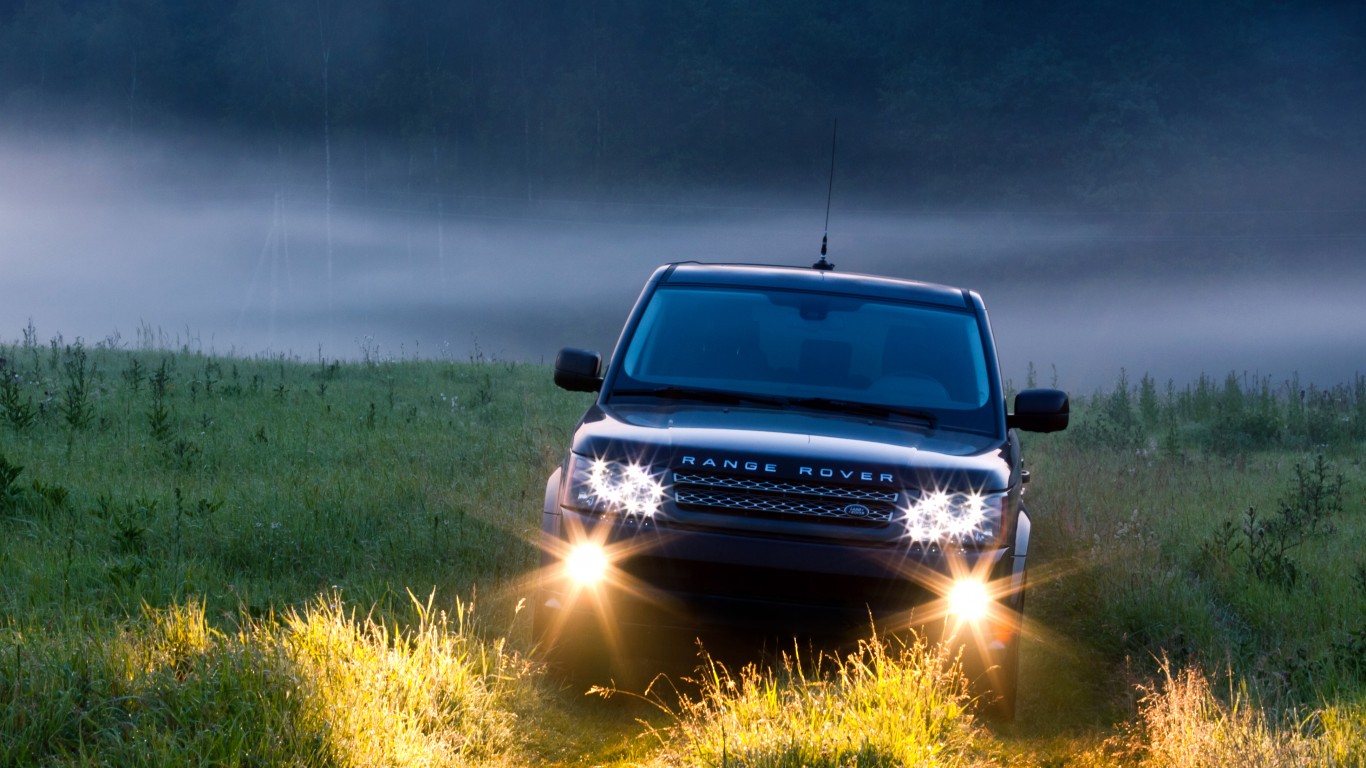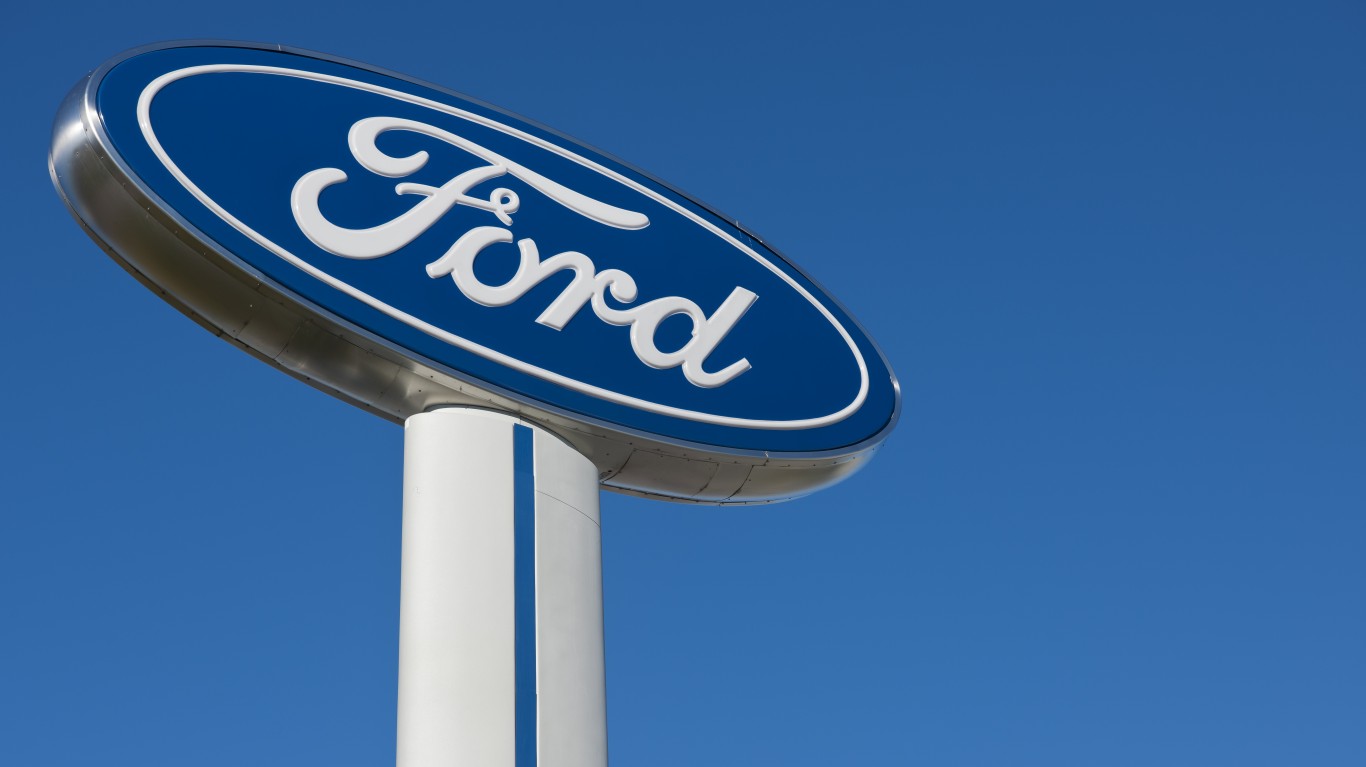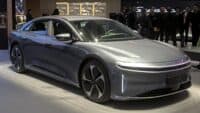
“Market day supply,” or “days to turn,” according to CarEdge, a provider of information and tools to car buyers, “is a measure of the number of days it would take to sell all of a particular model of car, based on the current sales rate, assuming no additional inventory is added.” When the figure is low, dealers can barely keep the model in stock. That is good news for dealers’ short-term revenue but bad news because insufficient supply results in high demand. That, in turn, hampers future dealer sales.
In March, according to CarEdge, the fastest-selling car in America, or the vehicle with the fewest market day supply, was the Land Ranger Range Rover model, which had only 17 days of market supply. The extraordinary fact about the model is its $145,000 price.
The Range Rover is Land Rover’s most expensive car. It seats up to seven people and has a 523-horsepower engine that speeds it from 0 to 60 in 4.4 seconds. It is one of the most luxurious vehicles in the world. The Range Rover launched in 1970 and has been the brand’s flagship since then. (Here are 25 cars that are still mostly made in America.)
The Range Rover generally gets good reviews. Car and Driver gives it 9 stars out of 10, stating, “The Range Rover has been the SUV of choice for celebrities and wealthy elites for decades.”
Oddly, J.D. Power, Consumer Reports, and Warrantywise give the Range Rover brand poor reliability reviews. Wealthy people who buy the fastest-selling car in America do not seem to care.
Are You Still Paying With a Debit Card?
The average American spends $17,274 on debit cards a year, and it’s a HUGE mistake. First, debit cards don’t have the same fraud protections as credit cards. Once your money is gone, it’s gone. But more importantly you can actually get something back from this spending every time you swipe.
Issuers are handing out wild bonuses right now. With some you can earn up to 5% back on every purchase. That’s like getting a 5% discount on everything you buy!
Our top pick is kind of hard to imagine. Not only does it pay up to 5% back, it also includes a $200 cash back reward in the first six months, a 0% intro APR, and…. $0 annual fee. It’s quite literally free money for any one that uses a card regularly. Click here to learn more!
Flywheel Publishing has partnered with CardRatings to provide coverage of credit card products. Flywheel Publishing and CardRatings may receive a commission from card issuers.
Thank you for reading! Have some feedback for us?
Contact the 24/7 Wall St. editorial team.




